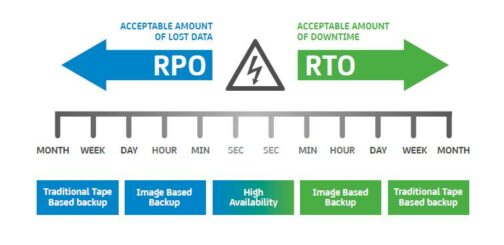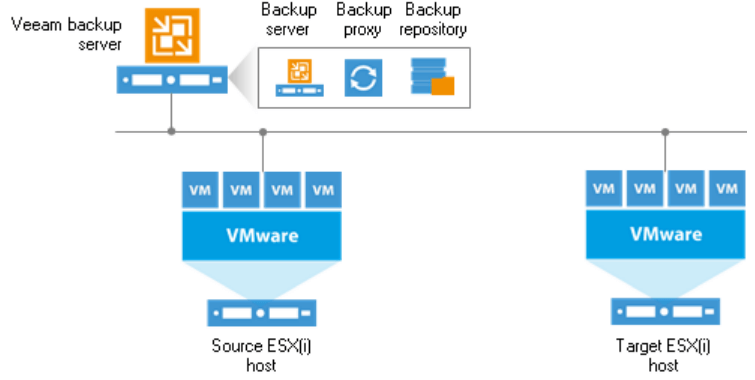
One Stop Storage & Cloud Connect


Backed up data will only be as recent as the last time it was created, so when you rely on backups for your DR strategy, the RPO will be higher compared with replication. You should consider that data restoration takes some time due to data decompression. Depending on the data size, restoration of a backup will generally take much longer to be up and running than replication.
In some businesses, one day of dysfunctional systems may be tolerable. However, in majority of cases, downtime results in high revenue losses. Replication provides an alternative solution to companies with low tolerance for time and data loss.
Backup focuses on compliance and granular recovery, such as recovering a single VM created several years earlier. Backup is useful if you are looking for data retention, data corruption prevention, and other concerns that can be avoided with the creation of multiple copies of your data. Backup should also be considered as a standalone option if your company can afford some downtime and restoration to the last backup. Restoring a backup will not necessarily revert your server to the most recent version of your data. Instead, it will revert to a status dating from several hours or days ago, depending on your backup schedule.




